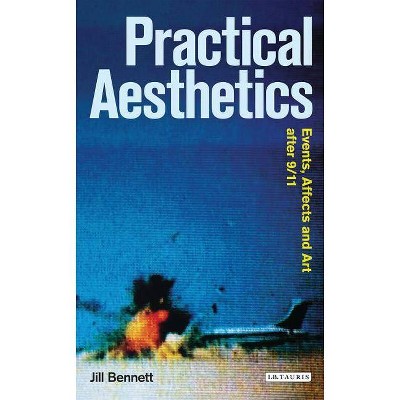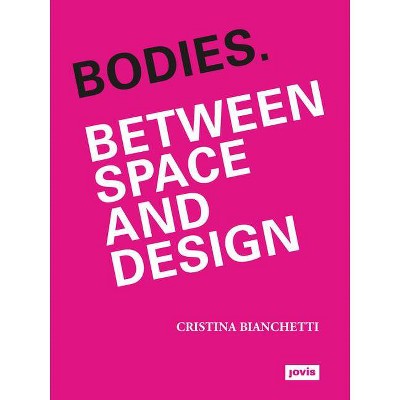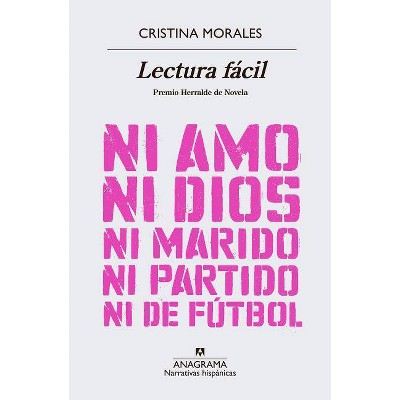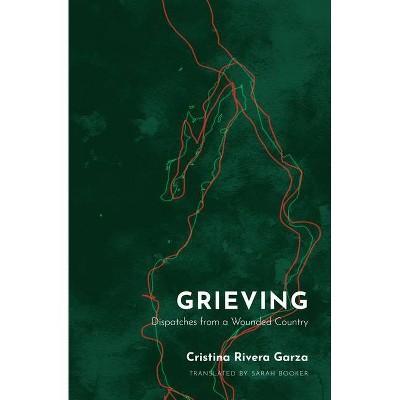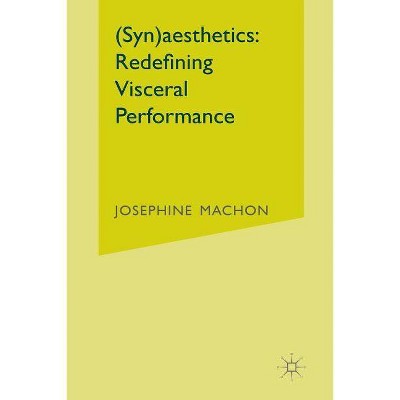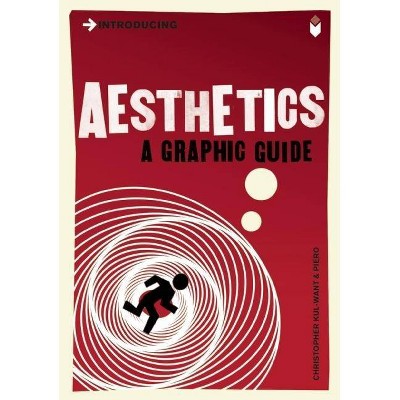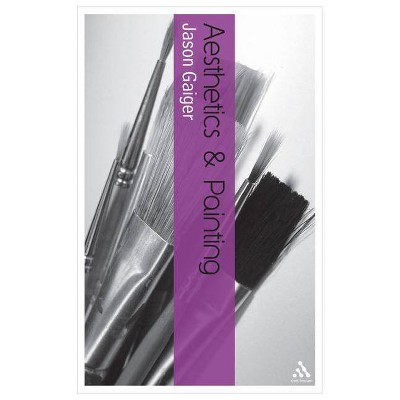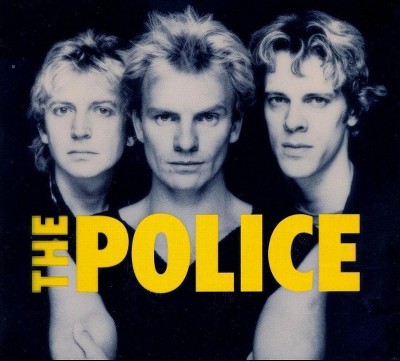Police Aesthetics - by Cristina Vatulescu (Paperback)
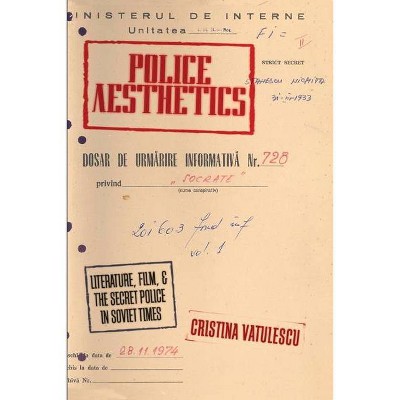
Similar Products
Products of same category from the store
AllProduct info
<p/><br></br><p><b> About the Book </b></p></br></br>Taking advantage of the partial opening of secret police archives in Russia and Romania, <i>Police Aesthetics</i> explores the intersections between culture and policing in Soviet times.<p/><br></br><p><b> Book Synopsis </b></p></br></br>Taking advantage of the partial opening of secret police archives in Russia and Romania, <i>Police Aesthetics</i> explores the intersections between culture and policing in Soviet times.<p/><br></br><p><b> Review Quotes </b></p></br></br><br><i>Police Aesthetics</i> is an important study that should be read by anyone interested not only in Soviet Studies but in the question of policing in the world at large, a question that has become increasingly central in the last decade. One can only hope that the publication of this fascinating and well-written book marks the beginning of a wave of studies on 'police aesthetics' in the Soviet era and beyond.--Eric Laursen "<i>Slavic and East European Journal</i>"<br><br>[A] most fascinating read . . . <i>Police Aesthetics</i> most deservedly received the Barbara Heldt Prize in 2011: Vatulescu opens up new lines of investigation (to stay within the police jargon) for a reading of the relationship between fact and fiction in Stalinist culture.--Birgit Beumers "<i>Studies in Russian and Soviet Cinema</i>"<br><br>Analyzing Soviet literature, film, and aesthetic theory through the long-obscured prism of the personal police file, Vatulescu insightfully draws upon archival material from both Russia and Romania to shed valuable light on the way the secret police informed--or in formed <i>on</i>, as the case may be--artists of the era . . . Although her subject matter lies in a shadowy, politicized realm located somewhere between 'subversion and complicity, ' Vatulescu provides her readers with much needed illumination of that murky penumbral realm.--Tim Harte "<i>Slavic Review</i>"<br><br>Rarely have I encountered a book that managed to incorporate original archival research (and what findings!), new work in history, literary, and film theory, and close analysis in such a clear and compelling way.--John MacKay "Yale University"<br><br>This is a very important, groundbreaking book, one of the most original and illuminating works I have seen in recent years in comparative Slavic studies. <i>Police Aesthetics</i> will unquestionably position Cristina Vatulescu as one of the foremost scholars of Soviet culture.--Catharine Nepomnyashchy "Columbia University"<br><br>Vatulescu's book is undeniably one of the most conceptually original to emerge in Russian cultural studies in the past decade. If forces the reader to think about familiar works in new ways and will doubtless spark debate and future work to test her thesis. It is highly recommended to scholars interested in Russian culture of the 1920s and 1930s in particular and in the aesthetics of authoritarian regimes in general.--Denise J. Youngblood "<i>Clio</i>"<br><p/><br></br><p><b> About the Author </b></p></br></br>Cristina Vatulescu is Assistant Professor of Comparative Literature at New York University.
Price History
Price Archive shows prices from various stores, lets you see history and find the cheapest. There is no actual sale on the website. For all support, inquiry and suggestion messages communication@pricearchive.us
